Software Engineering is to learn how to apply the Engineering principles in designing, developing and maintaining a Software System. We provide Software Engineering education at the undergraduate level necessary to understand, design, implement, and use the software systems. The program offers comprehensive and integrated studies of courses in software requirement analysis, software maintenance, global software Engineering, computer networks, programming languages, Database management systems, artificial intelligence, machine learning, digital image processing and computer vision.
The BS program in the department of Software Engineering is supported by significant computing resources including a laptops Lab and a PC Lab. In addition to the departmental computing facilities, there are laboratories for practical work in the specializing areas of Digital Logic Design and Machine Learning. Also, the facility of Brain Computer Interfacing for rehabilitation purposes is available in which students are working on different projects.
The University of Malakand Software Engineering Department serves the local community by providing quality education by teaching the students the basic and practical skills required for success in the field of Software Engineering.The students and faculty in the Department of Software Engineering at UoM are involved in many activities in this great digital revolution. In our department, we teach fundamentals, design methods, tools, and application development in the wide area of Software Engineering and Computer Sciences. We prepare the students for some exciting and rewarding careers in the fields of Software design and development for businesses, biomedical application, multi-media and UI design, e-government application, engineering, and information technology. In addition to the excellent learning opportunities within the Department and University, the students are also provided the opportunities to personally visit the Software Houses and to do internships in the software industry. This further polishes their skills and prepares them for an excellent career in the software industry.
To be a leading Software
Engineering department by achieving academic excellence and preparing graduates
to meet challenges of a globalized technological society.
To bring forth quality graduates having
excellent theoretical and practical hands on experience who are able to provide
reliable services that contribute to a peaceful and economically sustainable
society.
The Software Engineers are expected to exhibit after graduation.
Program learning outcomes are the narrower statements that describe what students are expected to know and be able to do by the time of graduation. These relate to the knowledge, skills and attitude that the students acquire while progressing through the program.The program ensures that by the time of graduation the students have attained a certain set of knowledge, skills and behavioral traits, at least to some acceptable minimum level. Specifically, it is to be demonstrated that the students have acquired the following program learning outcomes.
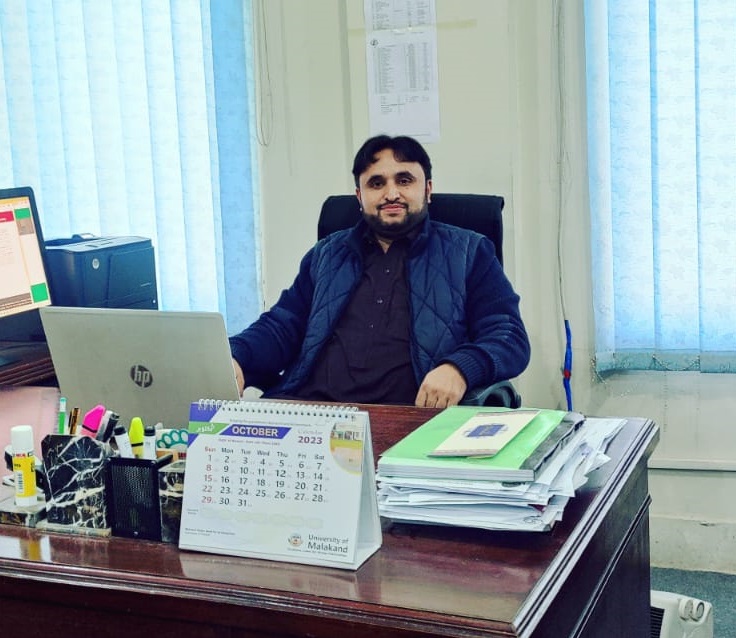
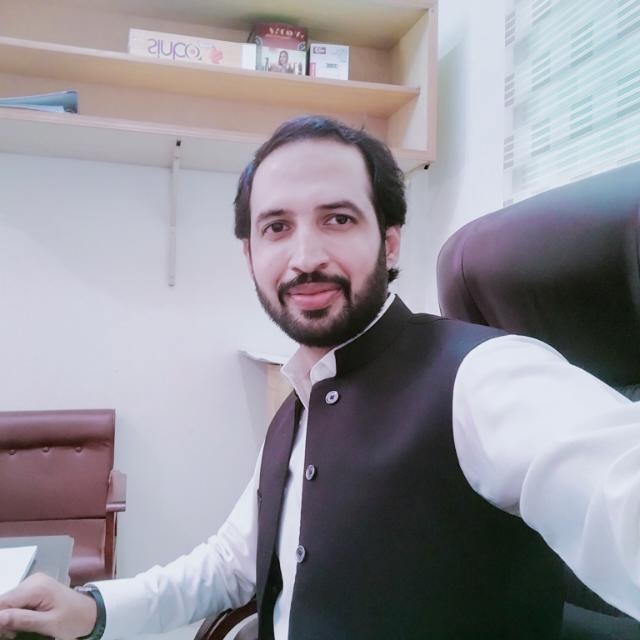
.jpeg)
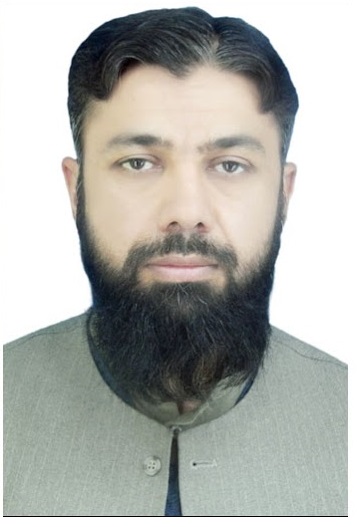
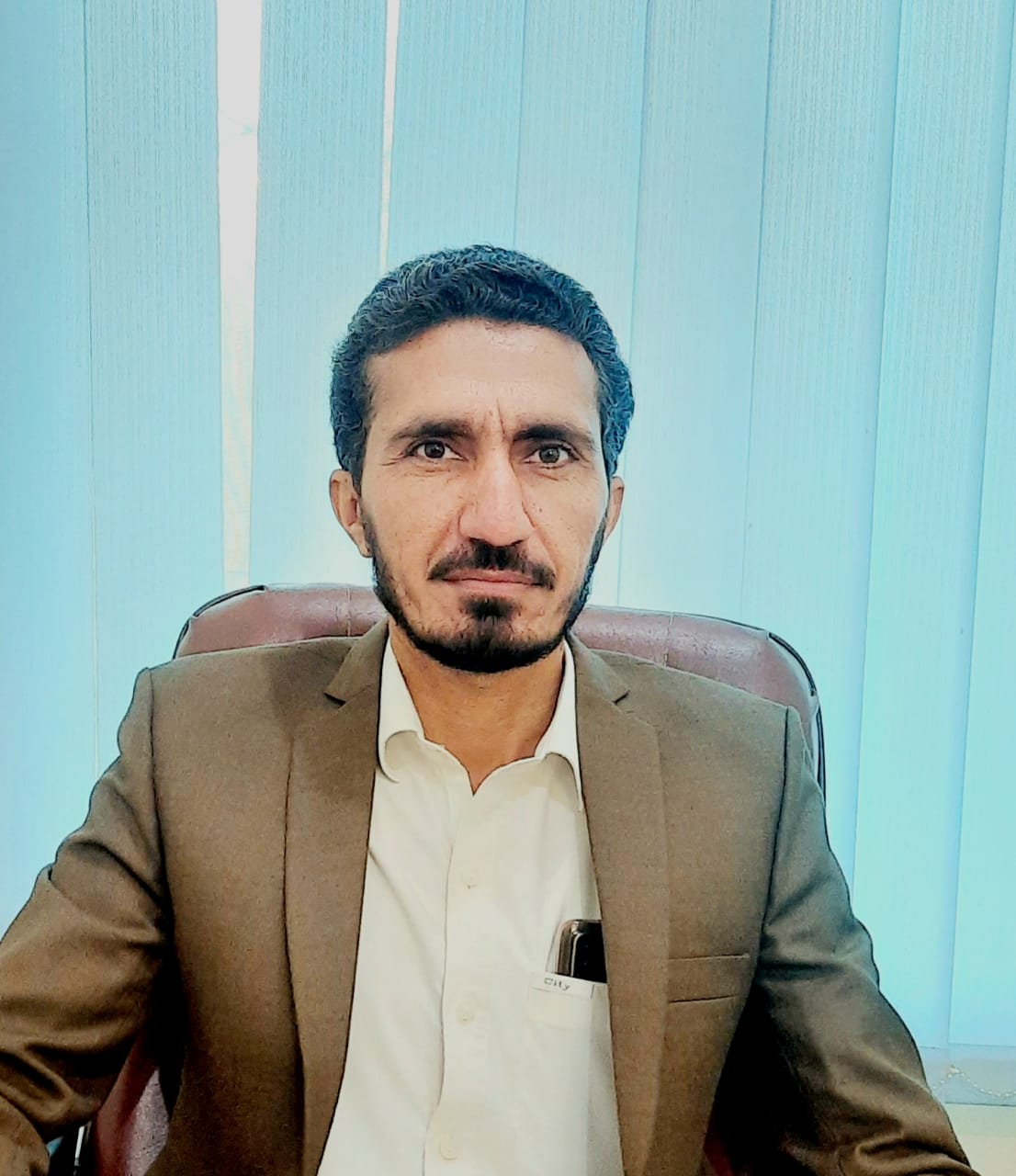



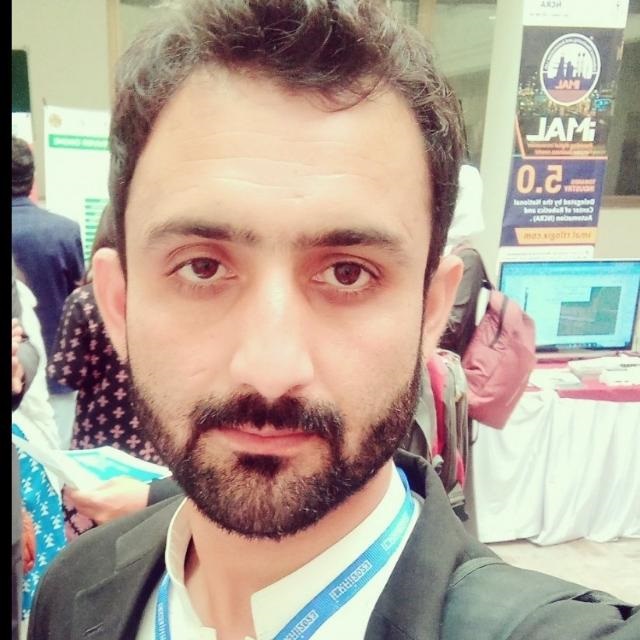

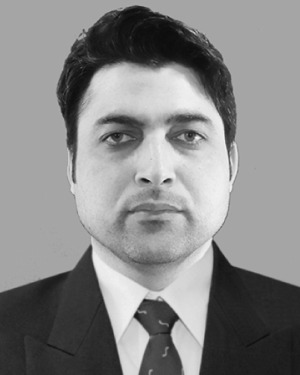
.jpeg)
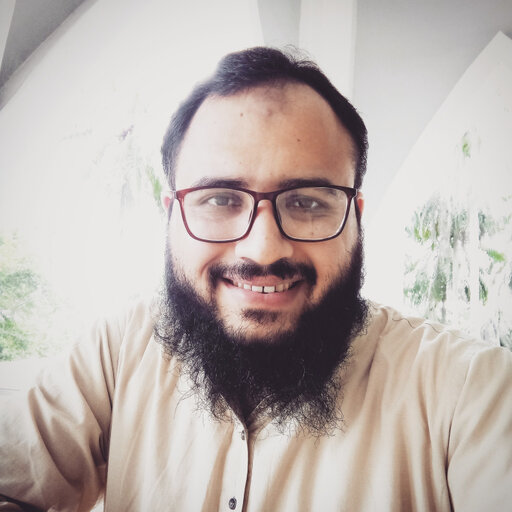
No Publication Found.